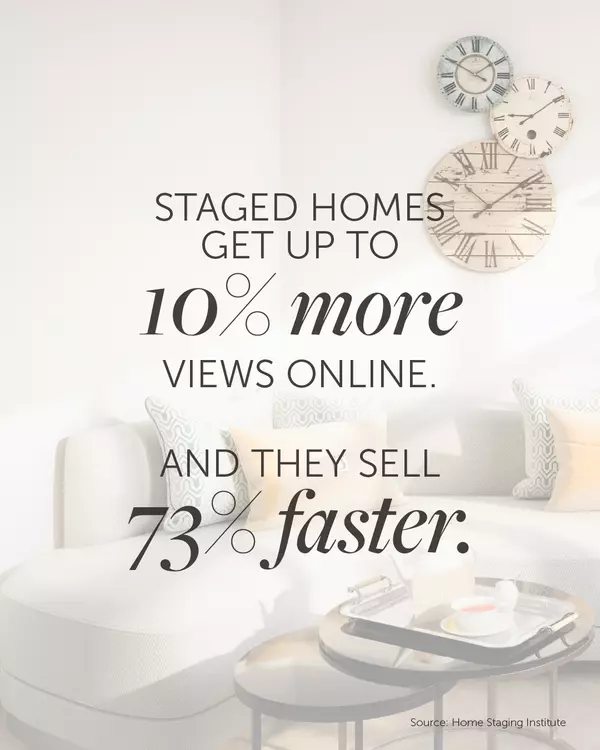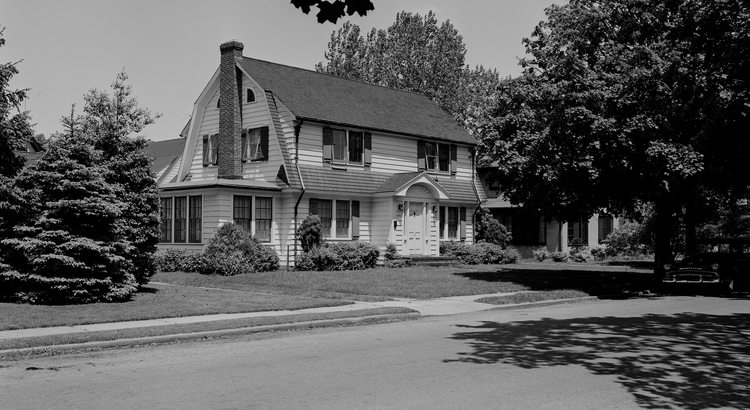
How To Make Sure Your Sale Crosses the Finish Lein
If there was one simple step that could help make your home sale a seamless process, wouldn't you want to know about it? There’s a lot that happens from the time your house goes under contract to closing day. And a few things still have to go right for the deal to go through. But here’s what a lot

Why Staging Still Matters (More Than Ever)
Here’s the thing: staged homes get up to 10% more views and sell 73% faster than homes that aren’t stagedThat’s not luck — it’s strategy. When your house stands out online, buyers stop scrolling and start scheduling showings. And in today’s market, where there are more homes for

Thought the Market Passed You BY? Think Again!
Thought the Market Passed You By? Think Again. If you stepped back from your home search over the past few years, you’re not alone – and you’re definitely not out of options. In fact, now might be the ideal time to take another look. With more homes to choose from, prices leveling off in many areas,
Categories
Recent Posts










